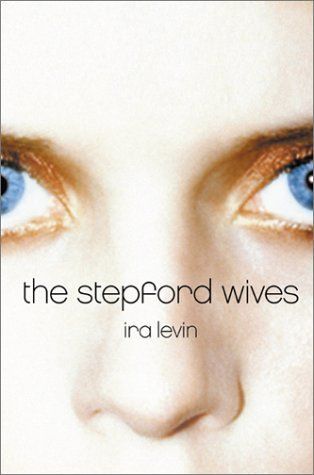
The Stepford wives
For Joanna, her husband, Walter, and their children, the move to beautiful Stepford seems almost too good to be true. It is. For behind the town's idyllic facade lies a terrible secret—a secret so shattering that no one who encounters it will ever be the same.
At once a masterpiece of psychological suspense and a savage commentary on a media-driven society that values the pursuit of youth and beauty at all costs, The Stepford Wives is a novel so frightening in its final implications that the title itself has earned a place in the American lexicon.
Reviews
Bilge Ince@bilge
chloe@parttimesoulmate_fulltimesandman
iamazoo@iamazoo
Eugenia G@eugenia
Theodore Kaplan@squareshot
Maggie Gordon@maggieg
Yulande Lindsay@lande5191
Sabrina D. @readingsofaslinky
Marija M@marijam
Jo H@psyche_eros
Kate@girlreading
Isobel Holmes@isobelholmes
Stark Koenig@stark
Diesel Cheung@insectcondo
Izzy Nassef@isabellanassef
marisa calegari@marisa_c
High Fidelity@highfidelity
Laura @laura_nicole
Paige Wanner@turntopaige22
Francisca Rubio Wenk@fedessister
Alice@alkay33
Count Dracula@countdracula
Madeleine Crowther@maddyc
A. D. Knapp@haselrig
Highlights
High Fidelity@highfidelity